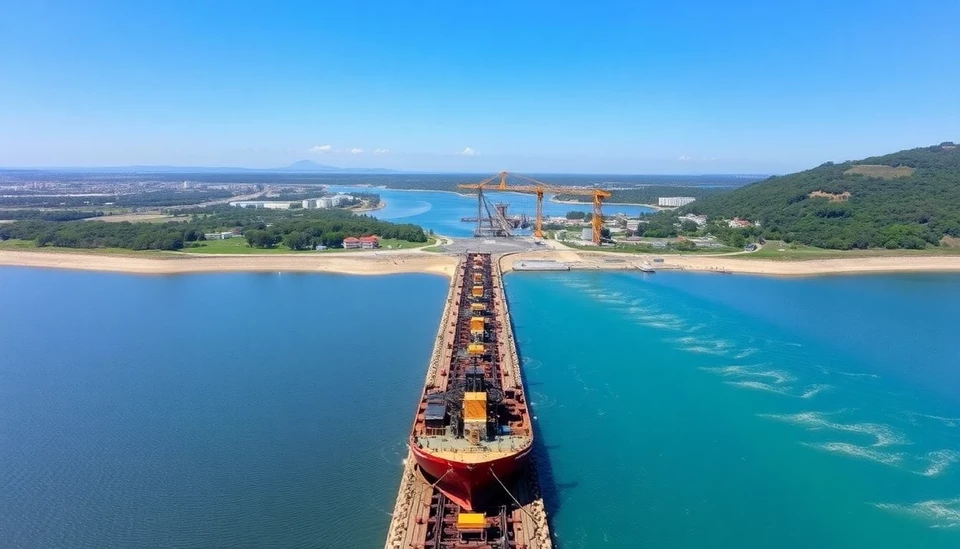
In a significant development for the supply chain landscape, recent reports indicate that Argentina is intensifying its dredging operations on the Paraná River. This action is aimed at bolstering the flow of vital commodities, particularly grains, to international markets. Given the river's critical role as a transport route, these efforts are seen as essential for enhancing the country's exports and ensuring that agricultural products can reach global consumers without excessive delays or disruptions.
The Paraná River, which is one of South America's longest and most important waterways, plays a crucial role in the transportation of products from Argentina, a leading exporter of soybeans, maize, and wheat. Historically, the river's depth has been a persistent issue, with shallow sections causing logistical hurdles for shipping companies. As a result, ineffective dredging could mean higher shipping costs and logistical inefficiencies, which have far-reaching implications for the country’s economy and the global supply chain.
As drought conditions continue to plague several regions of Argentina, it becomes increasingly imperative to maintain adequate water levels in the Paraná. Increased dredging will help in mitigating the impacts of such climatic challenges, ensuring that shipping routes remain navigable and capable of supporting the demand for agricultural exports. This move is particularly crucial in light of the country's aspirations to reclaim its position as a top supplier in the global grain markets.
Furthermore, the Argentine government has announced strategic partnerships with private companies to enhance the efficiency of these dredging operations. By collaborating with seasoned firms that have expertise in this field, Argentina aims to expedite the process while simultaneously leveraging technological advancements that could improve the precision and effectiveness of the dredging work.
This initiative is not only about improving logistics; it also highlights a larger trend within the country to revamp infrastructure that supports the agricultural sector. The reliance on the Paraná River is central to Argentina’s economic health, and ensuring its viability is crucial for sustaining export levels and maintaining robust trade relationships with various nations.
As global markets continue to feel the reverberations of geopolitical tensions, supply chain disruptions, and various ecological challenges, Argentina's proactive measures stand out as a potentially stabilizing factor. Stakeholders in the agricultural sector remain optimistic that these dredging efforts will lead to enhanced cargo movement and, ultimately, better prices for producers and consumers alike.
#Argentina #ParanáRiver #Dredging #SupplyChain #Agriculture #Exports #Grains #Infrastructure
Author: Laura Mitchell




